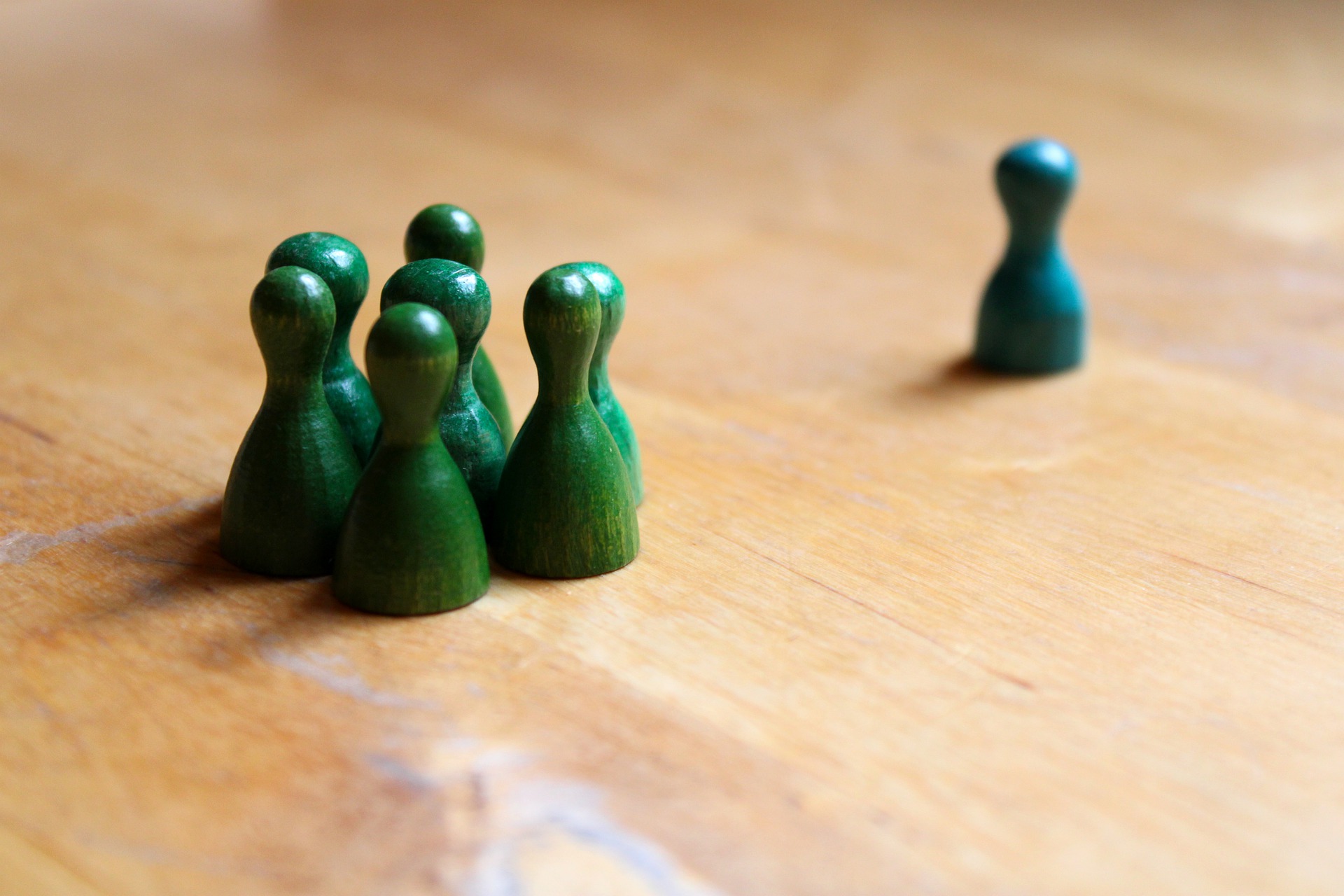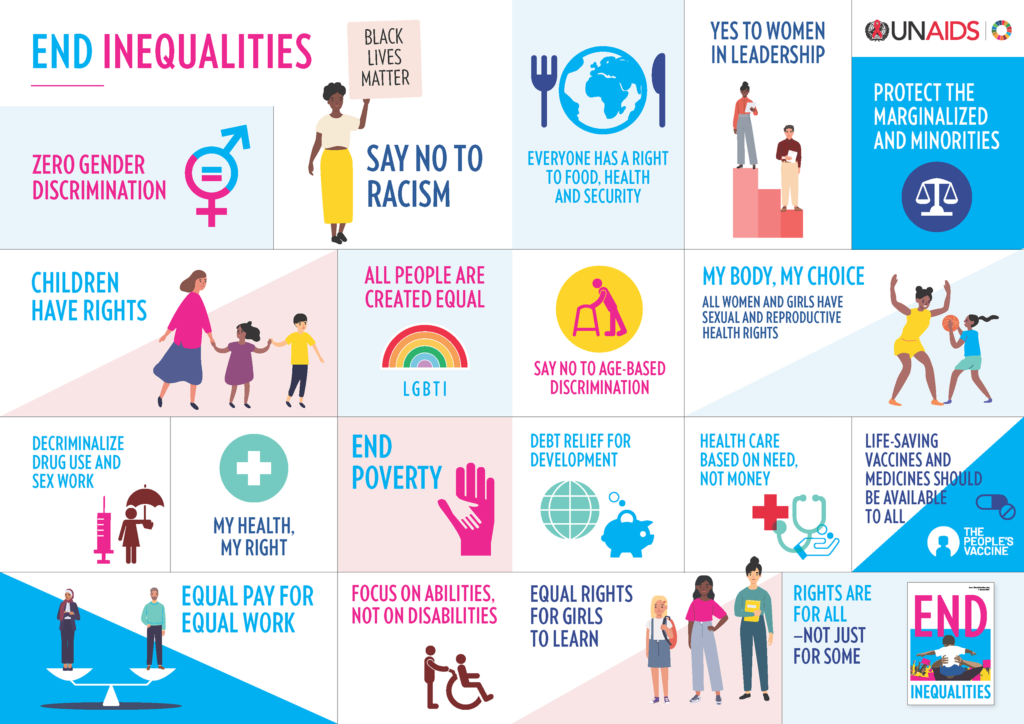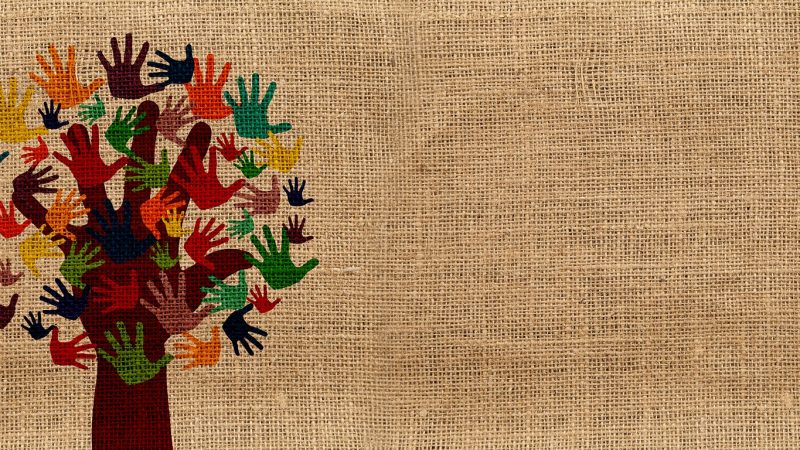March 1st: Zero Discrimination Day2 min read

On Zero Discrimination Day, which is commemorated every year on March 1st, the world is called to strongly remind and support the right of everyone to live a full and productive life. And live it with dignity.
Zero Discrimination Day highlights how people can become informed about and promote inclusion, compassion, peace, and, above all, a movement for change. Zero Discrimination Day is helping to create a global movement of solidarity to end all forms of discrimination.
The day was first celebrated on March 1st, 2014, and was launched at the end of February of the same year by UNAIDS Executive Director Michel Sidibé.
“We will not achieve our vision for health or realize any of the Sustainable Development Goals if we do not confront discrimination“
Michel Sidibé, former UNAIDS Executive Director (2009-2019)
“Inequality works against human development – for everyone. We all suffers its consequences”
António Guterres, United Nations Secretary-General (2017-present)
UNAIDS is challenging the discrimination faced by women and girls in all their diversity in order to raise awareness and mobilize action to promote equality and empowerment for women and girls.

The 2021 Zero Discrimination Day’s slogan is “End Inequalities”.
Ending inequality requires transformative change. Greater efforts are needed to eradicate extreme poverty and hunger and there is a need to invest more in health, education, social protection, and decent jobs.
Inequality is growing for the world population, exacerbating the risk of division and hindering economic and social development. And COVID-19 is hitting the most vulnerable people the hardest. Even as new vaccines against COVID-19 are becoming available, there is great inequality in accessing them. Many have compared it to vaccinating apartheid.

On Zero Discrimination Day this year, UNAIDS is highlighting the urgent need to take action to end the inequalities surrounding income, sex, age, health status, occupation, disability, sexual orientation, drug use, gender identity, race, class, ethnicity, and religion that continue to persist around the world.
Click here to learn more about the 2021 edition.
Links to the past editions:
2020 – Women and girls, zero discrimination
2019 – Act to change discriminatory law
2018 – What if…do you discriminate
2017 – Make some noise for #ZeroDiscrimination
2016 – Stand out for zero discrimination
2015 – Open up, reach out
2014 – Join the transformation
Sources: UNAIDS, Zero Discrimination Day 2021
Featured image by Ohmydearlife from Pixabay






